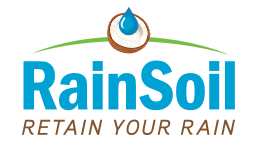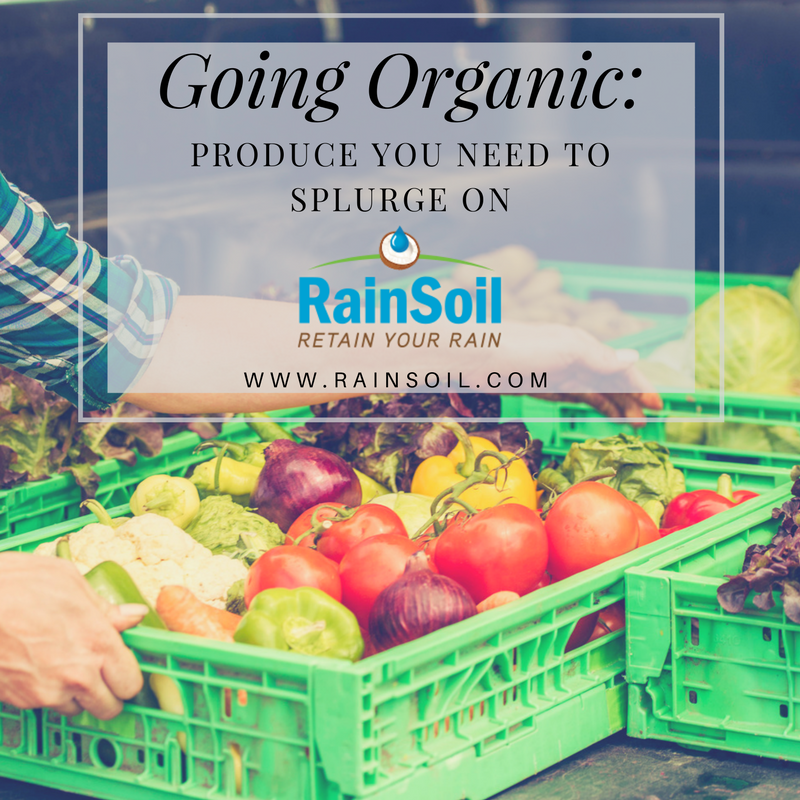- Total $0.00
Going Organic: Produce You Need to Splurge On
Wanting to save money when you’re grocery shopping is, to say the least, understandable. Why is it that something so necessary can be so financially disheartening? As you wander down the aisles of vibrant produce, perhaps your gaze automatically passes over the more expensive organic options. It’s all the same, right?
Think again. It turns out that not all produce is created equal, or sprayed equally. Certain fruits and vegetables contain more harmful pesticides than others. If you want to make sure you’re not unknowingly consuming these pesticides, it’s important to know what produce you should buy organic.
Consider these items next time you’re deciding what fruits and vegetables to splurge on in the supermarket.
Strawberries
According to Eating Well, strawberries are at the top of the list when it comes to foods contaminated by pesticides. Just how much, you ask? 300 pounds of pesticides are applied on average to one acre of strawberries. No thanks.
Verily Magazine states that organic doesn’t necessarily mean pesticide free. This means that no matter what kind of strawberries you buy, you should wash them well before eating them. However, buying your strawberries organic is the best way to ensure that they’re not doused in harmful chemicals.
Apples
Unfortunately, apples are another list- topper when it comes to pesticide contamination. What’s more, it’s difficult to remove the pesticide. You can peel them, but simply rinsing them is unlikely to remove unsavory chemicals. So why not buy a bag of organic apples? Not only are they more likely to be fresh, but popular opinion is that they taste better.
Peaches and Nectarines
In an article by Time, it was revealed that while two-thirds of produce contains pesticides, a whopping 95% of peaches and nectarines contain pesticides. This means that unless you buy organic, you’re all but guaranteed to be snacking on chemicals whenever you eat a delicious peach or nectarine.
Dishonorable Mention
Other produce to make the list of Eating Well’s most contaminated included celery, grapes, cherries, spinach, tomatoes, bell peppers, and cucumbers… or in other words, most of the fruits and vegetables that are commonly consumed. Just great.
The good news is that not only is organic produce widely available today at supermarkets and local grocery stores, but there’s also the option to grow your own edible crops! Crop growing is a fun and rewarding activity that will educate you through hands-on experience and help you to improve agricultural practices.
If you’re looking for something to supplement your grow, consider RainSoil, a natural and sustainable product that helps produce grow. While it won’t keep the bugs away, it contains the element coconut coir which will help your produce to thrive naturally. Where better to shop for organic produce than your own greenhouse or backyard!




5 comments
ZlrQAOMoXsYGPRD
MVufmPtve
nbVtehRYgOXImoD
XpwCPbBlaOYScHvm
gSrtKMVPozavQGxi
sQFPlrCmoLAS
lkpWZCSEau
QXNqwetbJ
ZvEcVarT
amOUqbHwfgNCXhFt